
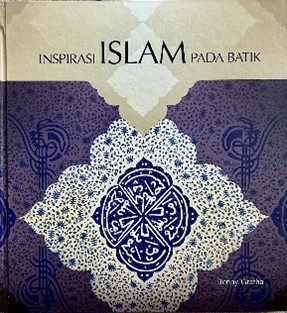
Author: Benny Gratha, 2020. 199pg. (Indonesian)
Publisher: Buana Alit Wastra Mahakarya, Denpasar Bali
This book is the first to explore the influence of Islam on batik in Indonesia. It accompanies an exhibition at the Jakarta Textile Museum that shares the same title. The motifs featured on the cloth are categorized into calligraphic designs, geometric patterns, undefined shapes, parts of animals, or combinations of two or more animals. This is a bold effort to document these batiks and is a valuable addition to the collection of Indonesian textile literature.
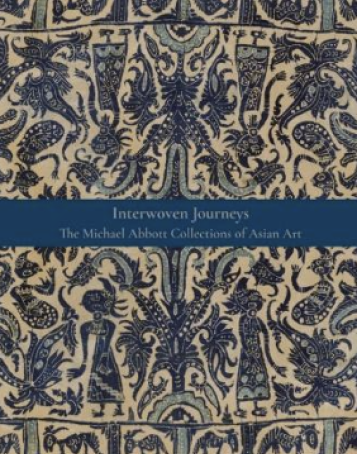
Author: James Bennett, Russel Kelty (editors). 2023. 468pg. (English)
Publisher: Art Gallery of South Australia, Adelaide
The Michael Abbot Collection features various Asian art objects, including textiles, ceramics, manuscripts, photographs, paintings, and wayang puppets, all accompanied by texts from different authors, each an expert in their field
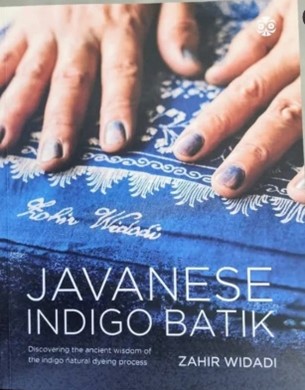
Author: Zahir Widadi. 2022. 54pg. (in English)
Publisher: Afterhour Books, Jakarta
Producing batik with chemical dyes is harmful to the environment. To promote sustainability in batik, Zahir aimed to preserve the ancient techniques and knowledge of indigo natural dyeing. Zahir Widadi began his research 15 years ago. Through his efforts, he has transformed batik from a craft into an art form, using indigo tinctoria as a natural dye.
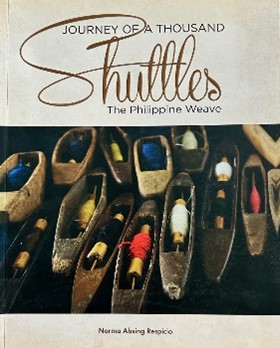
Author: Norma Absing Respicio, 2014. 153pg. (English)
Publisher: National Commission for the Culture and the Arts, Philippines
This book examines the textile weaving traditions of various ethno-linguistic groups in the Philippines, covering their development from colonial times to the present through short narratives and archaeological findings. It includes a cultural map that highlights the characteristics, similarities, and differences among these diverse groups, serving as an introduction to more detailed discussions on Philippine textile weaves.
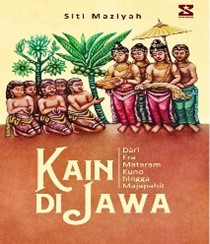
Author: Siti Maziyah, 2022. 335pg. (Indonesian)
Publisher: Sinar Hidoep, Semarang
The book "Kain di Jawa" (Textiles in Java) is an authoritative exploration of the history of textiles in ancient Java, drawing from stone inscriptions, temple reliefs, manuscripts, and ethnographic data. Siti Maiziyah expertly reconstructs the textile practices from the 9th to the 15th century, providing comprehensive insights into their production techniques and cultural significance. She rigorously examines the clothing, textiles, and costumes that were produced, worn, and traded during this pivotal period. This work stands as an essential resource for textile enthusiasts, archaeologists, historians, and philologists alike.
Page 14 of 37